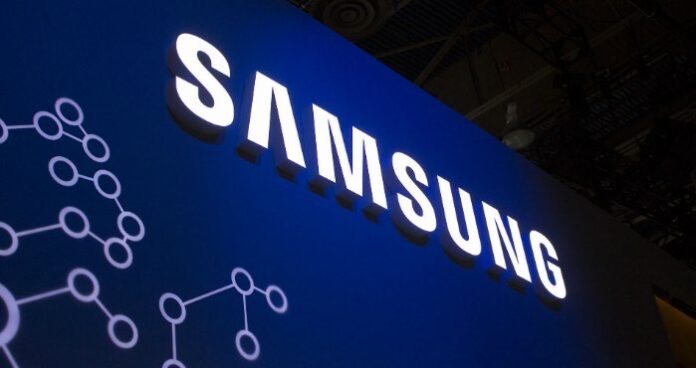South Korea tech giant Samsung Electronics expects to see a slowdown in 5G investments in the second quarter of the year due to the negative impact of the COVID-19 pandemic, JongMin Lee, VP of Samsung’s mobile communications business, said during the firm’s earnings call.
“It is possible that investments in 5G networks will be reduced or delayed domestically and internationally as more effects of COVID-19 unfold,” the executive said.
He also noted that Samsung had a positive performance in its network business in the first quarter of the year. ”For the network business, our performance improved quarter-on-quarter as 5G commercialization expanded in Korea as well as abroad,” he added.
He also noted that the Chinese government seems to be looking at accelerating the 5G rollout as a way of stimulating its domestic economy. “But on the other hand, in countries such as the U.S. and India due to especially the lockdown brought on by COVID-19, installation of 5G base stations as well as auctioning of 5G frequencies are being delayed. And also, Europe is also seeing a delay in terms of the 5G frequency auctions and commercialization schedules,” Lee noted.
Commenting on the business outlook for the second half of the year, Lee said that Samsung Electronics will continue to strengthen its technological competitiveness while improving its 5G business compatibilities globally for the mid- to long term despite uncertainties around investments in the 5G field.
“I think it’s difficult to rule out that if, for example, the COVID-19 impact expands or becomes more prolonged, carriers both in Korea and overseas may decide to delay some of their 5G investments, which may have a negative impact on our business,” he said.
Samsung Electronics has provided 5G core solutions to Korean carriers SK Telecom, KT and LG Uplus. Other 5G NR contracts include AT&T, Sprint, Verizon, and Japanese carrier KDDI. The company has also engaged with over 20 mobile operators on 5G development partnerships, trials, and demonstrations. As of October 2019, Samsung had deployed over 100,000 base stations globally.
Financial results
The South Korean technology giant said its first-quarter net profit declined to KRW 4.88 ($3.99 billion), compared with KRW 5.04 trillion won the prior year.
The company’s total revenue for the first quarter was KRW 55.33 trillion, a decrease of 7.6% from the previous quarter mainly due to weak seasonality for the firm’s display business and Consumer Electronics Division and partially due to effects of COVID-19. From a year earlier, revenue rose by 5.6% due to increasing demand for server and mobile components.

